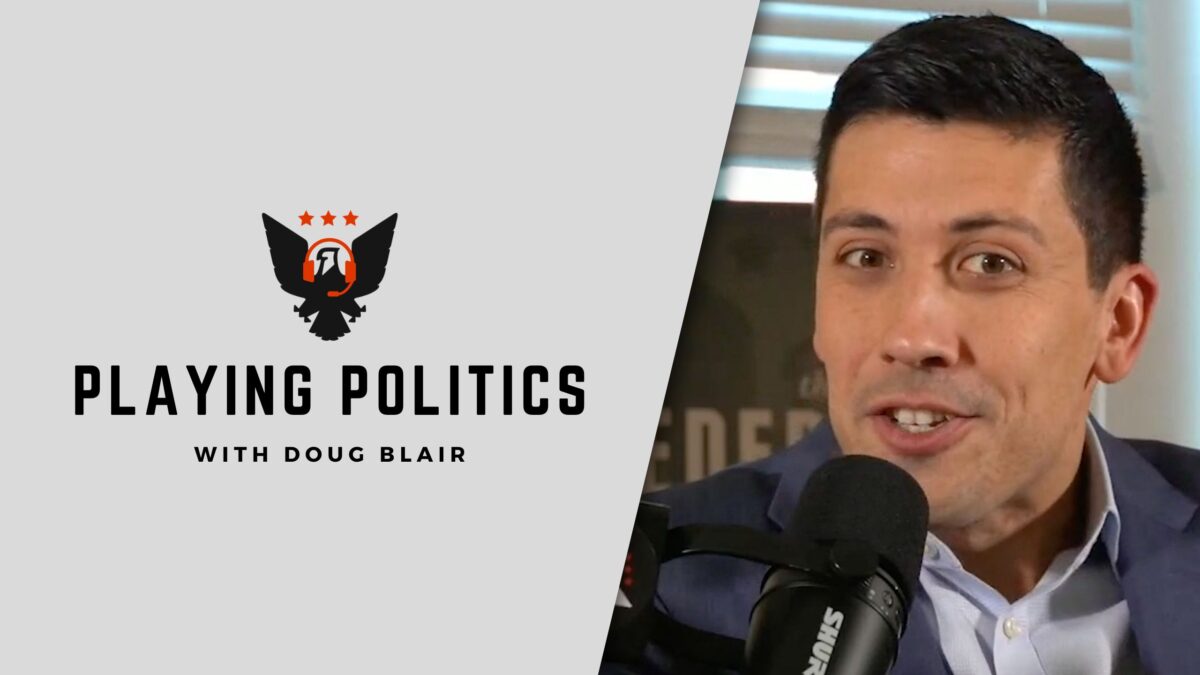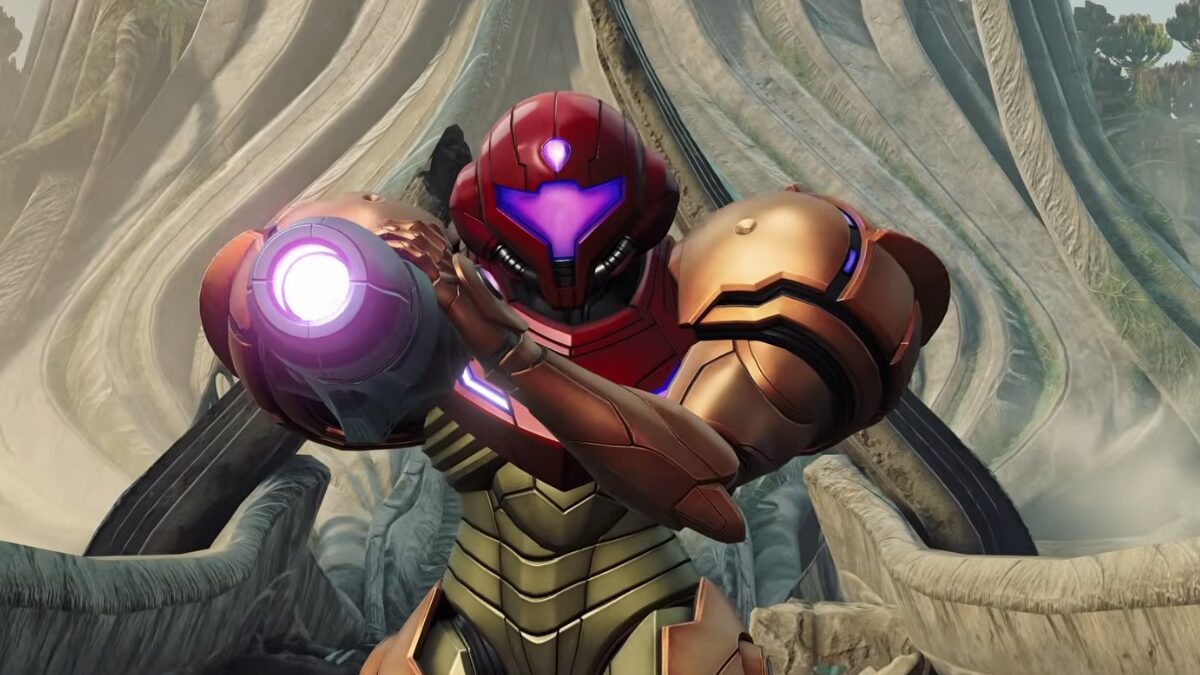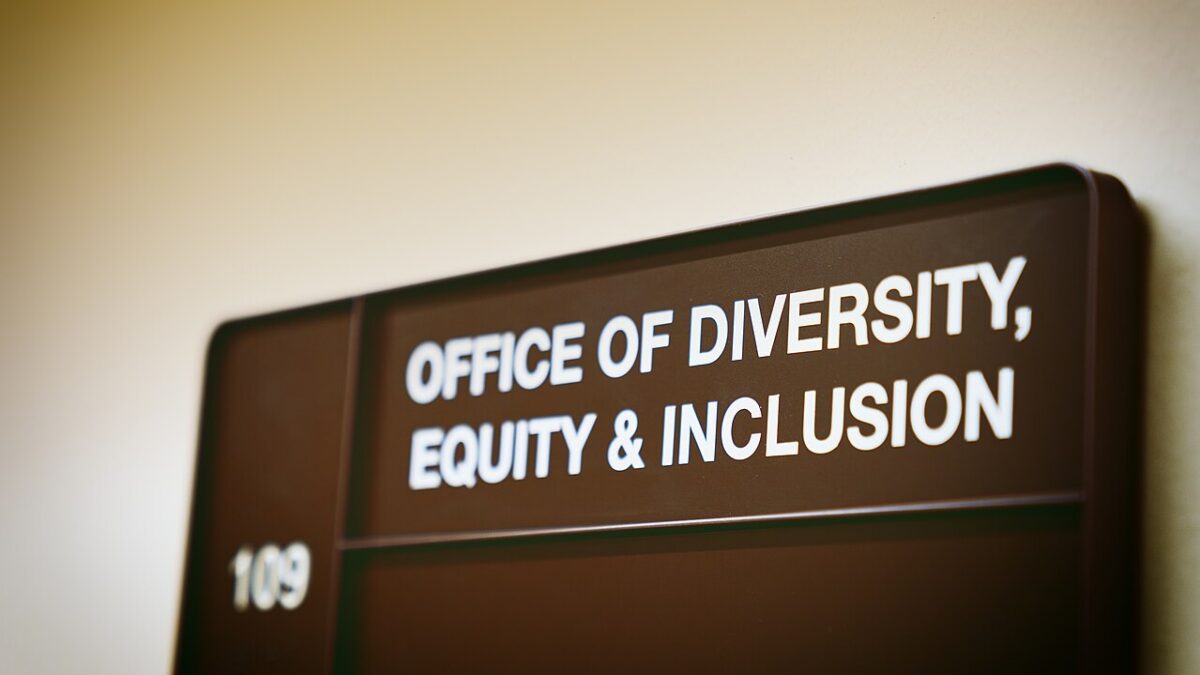I was thinking about the Canadian trucker protests the other day. I remember how the Canadian government was so hellbent on stopping the protesters from sticking around in downtown Ottawa that it took the insane step of freezing their bank accounts.
Many were horrified that Prime Minister Trudeau had done this, but some cheered it on as an appropriate response to what they viewed as a fascist occupation. Since the money in the accounts theoretically didn’t physically exist — it was all ones and zeros in a central banking computer — he was able to get away with it and prevent the truckers from accessing their funds. Had they been able to use liquid cash in their hands, things may have gone differently.
I bring this up because I’m envisioning a potential universe where property rights are steadily destroyed by the proliferation of digital media. Put another way, you could lose access to something you legally purchased and should own the rights to based on the fact that whoever runs the service you’re using to get the product removes your ability to access it.
“Alan Wake II,” the upcoming sequel to the 2010 horror sleeper hit, was recently announced as an Epic Games Store exclusive — meaning if you want to experience the game yourself, you have to buy it on their platform and then play it through their game launcher. Short of piracy, Epic Games has a monopoly on access to that game.
Now, quick tangent: This isn’t to say that having digital games in and of itself is bad. I play most of my games digitally. I don’t know if I’ve physically bought a game in years. But there was never this looming threat of losing access to content based on my politics.
The government of Canada already proved it’s willing to trample property rights to advance its ends. Why couldn’t it happen here? In fact, some Democrats have already decided they want to start actively meddling in the digital arena with the potential to force companies into deplatforming people and losing them access to their property.
Democratic Sens. Michael Bennet and Peter Welch from Colorado and Vermont, respectively, introduced the Digital Platform Commission Act, a bill that would create a government body responsible for oversight over digital platforms. The bill defines the platforms this potential body would regulate as “[Any] online service that serves as an intermediary facilitating interactions between consumers, or between consumers and entities offering goods and services, including content primarily generated by algorithmic processes.”
It sounds like gaming platforms might be part of that, especially if those gaming platforms act as both storefront and launcher. But Doug, you ask, what’s to stop someone from just downloading their games before they get in trouble with the feds?
That would be a reasonable way to avoid this if the lion’s share of modern games didn’t require some form of connection to the internet and central servers in order to even work. We’ve all experienced it. We want to sit down after a long day at work and play our favorite game but —oops — it needs a 250 GB update, and no, you can’t just play while it’s downloading.
That’s where this gets to be a massive issue, because if the government can force a private entity to block access to certain individuals, you don’t have property rights anymore, you get to keep your property on the good graces of government actors. And frankly, it’s not just the government that can be bad actors. Private companies are more than willing to remove people based on total BS. We literally just saw what difference it made when Elon Musk took the reins at Twitter. Before, Twitter techs who worshiped at the altar of Bernie Sanders would routinely make up reasons to axe conservatives from the site. And Twitter is free!
Imagine you have a library of 100 games, and with a snap of the fingers, it’s gone. No recourse, just, “Sorry, no access for you.” This isn’t meant to be a call to gamers to abandon digital games wholesale. What it’s meant to be is a wake-up call that things could get bad really fast if there aren’t safeguards in place to prevent rogue actors from taking away your property rights.
And it should be pretty obvious why those are important. The founders sure thought they were, since they enshrined them right in the Constitution, amendment number five! Stronger forms of consumer protection to ensure gamers are able to guard their property rights are needed.
Right now, there’s just too much risk that someone who finds himself on the wrong side of the government or of a woke business can lose something he legally owns. And games would just be the start. We’ve seen up north how far this can go, but it’s already started here too. Back in 2021, PayPal said it was teaming up with the leftist Anti-Defamation League to identify “extremist” groups that it refused to serve. Right now, unless you physically have it in your hands, there is a risk it can be taken away.
Come to think of it, maybe I should dig out my Gamecube. I think I still have those physical discs somewhere…









